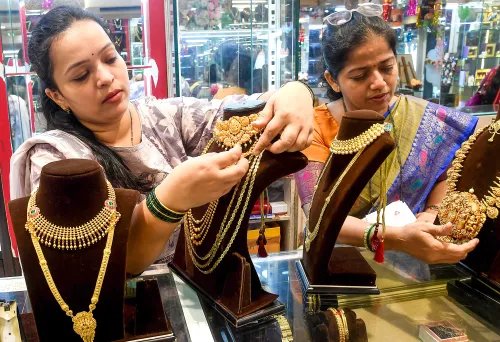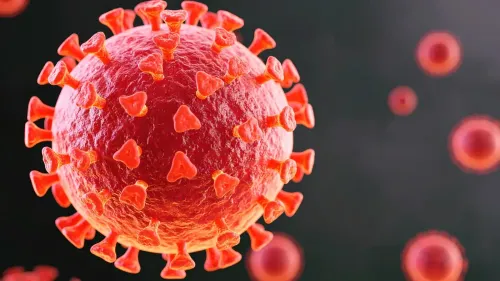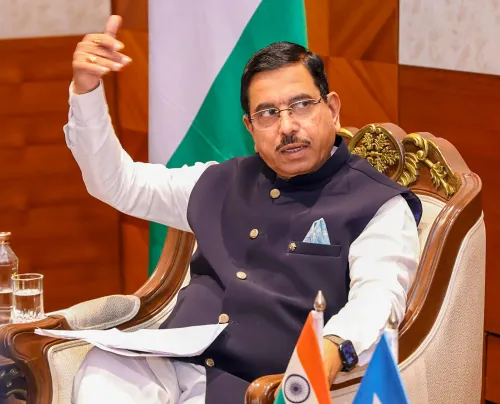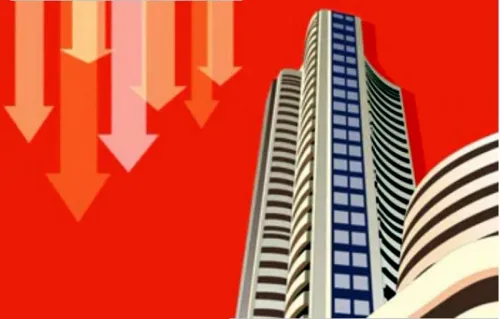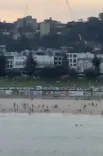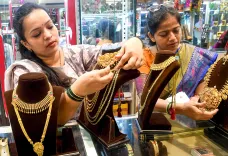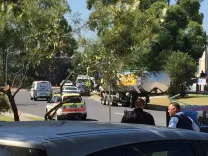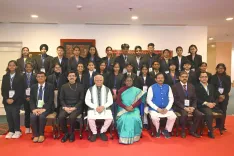WEF 2025: European Commission Leader Ursula von der Leyen Announces Team's Upcoming Visit to India to Strengthen Relations
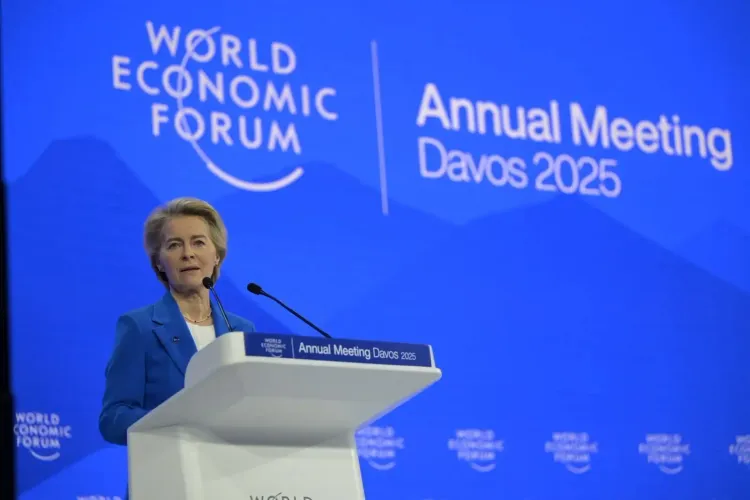
Synopsis
Key Takeaways
- Ursula von der Leyen plans to visit India as her team's first trip to enhance ties.
- India has lifted millions out of poverty through global supply chains.
- Global dynamics have shifted towards intense geostrategic competition.
- Major economies are competing for resources, technologies, and trade routes.
- Collaboration is essential to modernize global trade rules.
Davos, Jan 21 (NationPress) European Commission President Ursula von der Leyen announced on Tuesday that her new team's inaugural visit will be to India, aiming to strengthen relations with the world's largest democracy, which has successfully elevated millions from poverty.
"In collaboration with Prime Minister (Narendra) Modi, we aspire to enhance our strategic partnership with the largest nation and democracy globally," von der Leyen stated at the Davos World Economic Forum.
She highlighted that as supply chains became global, hundreds of millions were lifted from poverty, particularly in India.
Furthermore, she cautioned that a 'dramatic shift in global dynamics' has occurred over the last 25 years.
The cooperative world order envisioned 25 years ago has not materialized. Instead, we have entered a new phase of intense geostrategic rivalry.
The leading economies are competing for access to essential raw materials, cutting-edge technologies, and global trade routes.
From AI to clean technology, quantum advancements to space exploration, and from the Arctic to the South-China Sea – the competition is fierce.
“As this rivalry escalates, we can expect the frequent application of economic tools – including sanctions, export controls, and tariffs – aimed at protecting economic and national interests.
However, it’s crucial that we find a balance between ensuring our security and seizing opportunities for innovation and prosperity,” von der Leyen emphasized.
“In this context, we must collaborate to prevent a global race to the bottom. Disrupting the ties within the global economy serves no one’s interest. Instead, we need to modernize the rules to maintain our capacity to generate mutual benefits for our citizens,” the President of the European Commission stated.
She elaborated that since 2000, global trade volume has doubled, although trade within regional blocs is growing at a faster rate than trade among them. For instance, it’s typical for a chip to be designed in the United States, manufactured in Taiwan using European machinery, packaged in Southeast Asia, and assembled in China.
Conversely, last year alone saw the value of global trade barriers triple. International trade institutions often face challenges in addressing the issues presented by the rise of non-market economies that operate under different rules.
While innovation continues to thrive, with developments in AI, quantum computing, and clean energy set to transform our lifestyles and work environments, controls on technology have also seen a fourfold increase in recent decades.
“Our dependencies on supply chains can sometimes be weaponized, as evidenced by Russia’s energy coercion, or become vulnerable when global shocks, like the pandemic, occur unexpectedly. Moreover, the very connections that unite us, such as undersea data cables, have become targets – from the Baltic Sea to the Taiwan Strait," she added.


